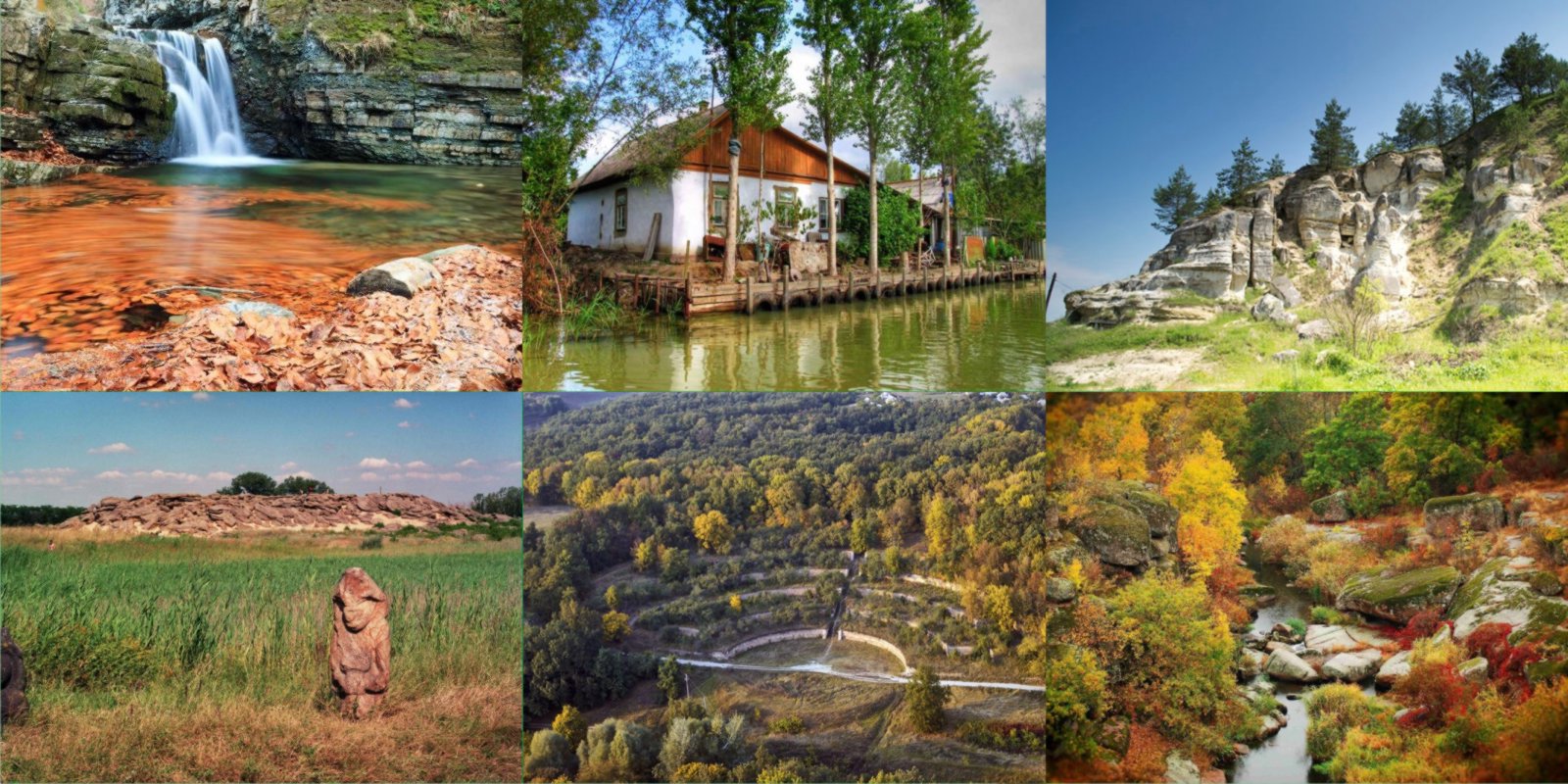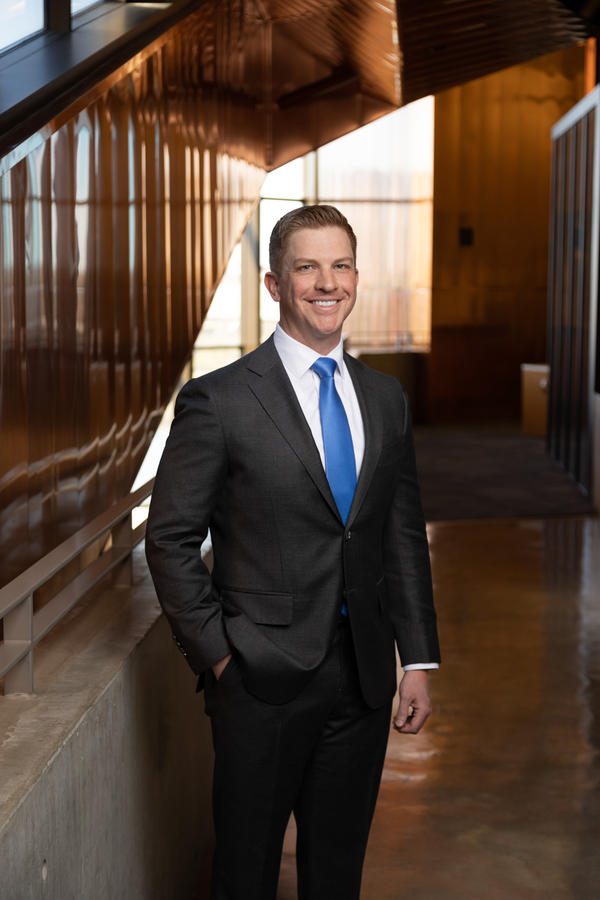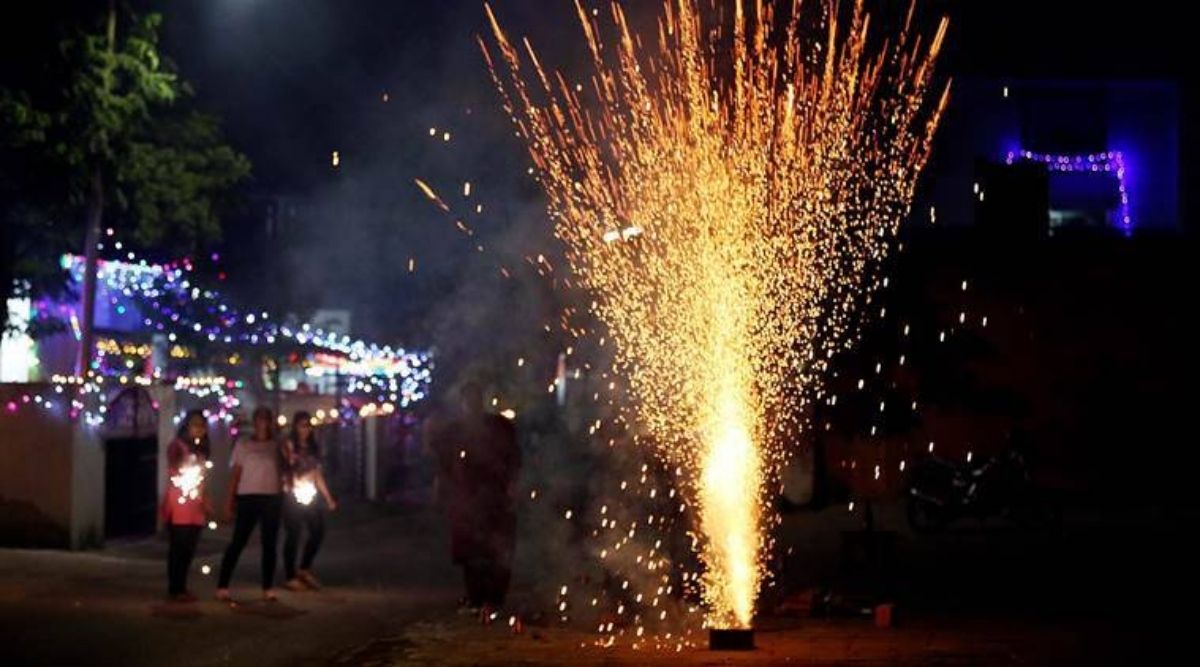You’re reading an excerpt from the Today’s WorldView newsletter. Sign up to get the rest, including news from around the globe, interesting ideas and opinions to know, sent to your inbox every weekday.
It’s a scenario that ought to feel familiar to many Americans. Voters participated in an election in the shadow of the pandemic, amid growing uncertainty surrounding the political fate of their country. In weeks ahead of election day, opinion polls showed a topsy-turvy race, shaped by likely razor-thin margins. On the day itself, election officials were set to receive a record number of mail-in ballots.
But unlike in America, this weekend in Germany there was not much disquiet over the way the country voted — and there is general acceptance of its results. Outgoing Chancellor Angela Merkel’s Christian Democrats slumped to a historic low, posting their worst results in the postwar era, while seeing the rival Social Democrats surge above them. The Christian Democrats’ campaign leader, Armin Laschet, seemed resigned to defeat. “I would have preferred to be first,” Laschet said. “I understand, of course, that I bear some personal responsibility for this result.”
Such a subdued reaction is a far cry from the fury of former president Donald Trump, who was unwilling to stomach his defeat in November 2020. He spread falsehoods and stoked doubts in the integrity of the American political process and was impeached, for a second time, by the House of Representatives for his role in helping instigate the Jan. 6 storming of the Capitol by his supporters.
The results in Germany, argued Jan-Werner Müller, a professor of politics at Princeton University, offer a riposte to the conventional wisdom in much of the West that sees restive publics inexorably attracted to polarizing, intemperate anti-establishment forces. “Western democracies are not fated to fight culture wars constantly; grand coalitions between center-left and center-right do not necessarily strengthen political extremes; and social democratic parties can do well without pandering to nativism and Islamophobia,” Müller wrote.
Though some on the far-right fringe of German politics did voice protests over alleged irregularities, attention in Germany’s parliamentary democracy has shifted to the tangled coalition politicking already underway and the policy decisions and compromises that will determine the makeup of the new government. “That the outcome of such a close and pivotal election is generally not questioned, but accepted — even if the final makeup of the new government coalition may not be clear for weeks or months — illustrates a certain maturity of and trust in Germany’s political system that these days simply cannot be taken for granted,” Michael Knigge, a veteran German journalist based in Washington, told Today’s WorldView.
That sense of maturity marks a stark contrast with the situation in the United States. The Republican Party remains in thrall to Trump, who has been hinting at a campaign for the presidency in 2024 under the false pretense that the 2020 election was “stolen” from him. Polling shows that a declining number of Republicans believe it’s important to prosecute the Jan. 6 rioters for their assault on the Capitol.
“We are already in a constitutional crisis,” Brookings fellow and Washington Post contributing columnist Robert Kagan laid out in a lengthy essay for The Post last week. “The destruction of democracy might not come until November 2024, but critical steps in that direction are happening now. In a little more than a year, it may become impossible to pass legislation to protect the electoral process in 2024.”
Scholars of democratic decline see the United States potentially walking down the path of other countries that saw majoritarian or autocratic leaders slowly erode the democratic process through procedural means. “We often think that what we should be waiting for is fascists and communists marching in the streets, but nowadays, the ways democracies often die is through legal things at the ballot box — so things that can be both legal and antidemocratic at the same time,” Daniel Ziblatt, a professor at Harvard University and the co-author of “How Democracies Die,” told my colleague Ashley Parker. “Politicians use the letter of the law to subvert the spirit of the law.”
The rest of the world has already taken notice. A Pew poll published this January found that overwhelming majorities in Germany, France and Britain believed that the American political system needed at least some changes. Around a fifth of those surveyed said it “needs to be completely reformed” — and this was before the events of Jan. 6.
At the same time, an increasing number of Americans want to see their government strengthen the country’s fraying democracy, according to a new poll by the Eurasia Group Foundation. “After fighting a costly and interminable War on Terror it’s possible that many Americans are newly attentive to turbulence at home, from rising distrust in the electoral system to a deeply rooted history of racial injustice,” noted the EGF’s report.
In Germany, the lower house of parliament, or the Bundestag, gets chosen through a mixed system that sees parliamentarians elected both from geographic constituencies as well as by proportional representation. (Some Democratic lawmakers are fighting longshot campaigns to adapt the U.S.’s federal elections to these objectively fairer and more representative models.) Germany also has a more standardized format for holding elections, which means there’s less ground for political squabbling over electoral process.
“Where Americans must actively register to be able to vote, Germany’s system of recording citizens’ place of residence ensures they are automatically registered,” noted Deutsche Welle. “This difference means that voter lists are regularly updated, including when people die or move, making it more difficult to falsely add people to the database.”
Fraud is, of course, statistically not much of an issue in American democracy either. But whipped-up hysteria over suspected irregularities has consumed Republican Party politics since even before Trump lost power. Germany’s center-right Christian Democrats offer an alternate vision of what to do after a narrow, yet humbling, defeat.
“Instead of contesting , what will likely happen is that the conservatives will take the coming years and work on figuring out how to bring those voters back,” Rachel Rizzo, adjunct fellow at the Center for New American Security, told Today’s WorldView. “They aren’t contesting the results. Political leaders in Germany understand that once you begin questioning democratic processes, the foundation can start to crumble. That’s exactly what we’ve seen happen in the U.S.”
Note: This article have been indexed to our site. We do not claim ownership or copyright of any of the content above. To see the article at original source Click Here













